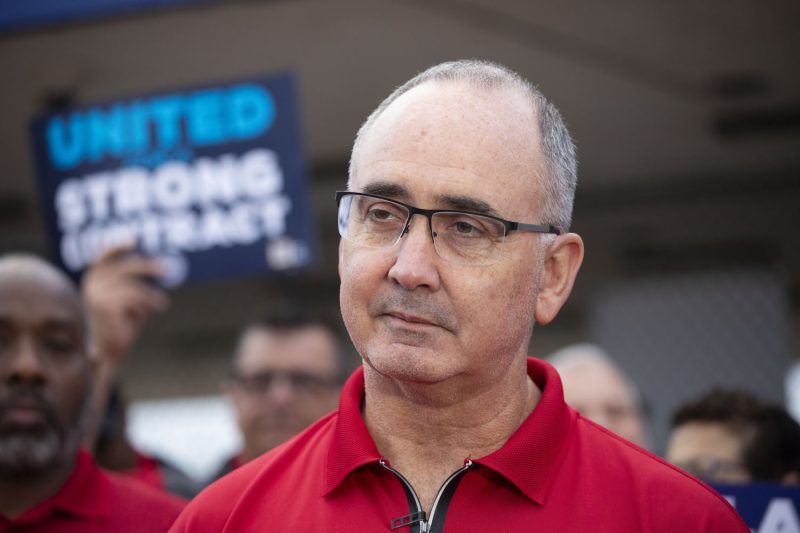In a recent development that has stirred the automotive industry and labor relations, the United Auto Workers (UAW) has challenged the unionization vote held at a Mercedes-Benz plant in Alabama and requested the National Labor Relations Board (NLRB) for a new election. The move comes after a closely contested vote at the plant, raising questions about the fairness and integrity of the election process.
The decision to challenge the unionization vote at the Mercedes-Benz plant signals the UAW’s commitment to ensuring that the rights and interests of workers are protected. The union has cited concerns about potential anti-union tactics employed by the management during the lead-up to the election, as well as alleged interference in the voting process itself. These claims have sparked a heated debate within the automotive community and put a spotlight on the complex dynamics of labor relations in the modern workplace.
At the heart of the issue is the fundamental right of workers to organize and bargain collectively for better wages, benefits, and working conditions. Unionization plays a crucial role in leveling the playing field between workers and employers, giving employees a stronger voice in shaping their workplace environment. However, achieving union representation is often met with challenges and resistance from management, as seen in the case of the Mercedes-Benz plant.
The UAW’s call for a new election is not only a strategic move to contest the results but also a symbolic gesture of solidarity with the workers at the plant. By challenging the outcome of the vote, the union is sending a clear message that it will not stand idly by in the face of perceived injustices and unfair practices. The NLRB’s response to the UAW’s request for a new election will be closely watched by labor rights advocates, industry stakeholders, and the wider public.
The outcome of this dispute at the Mercedes-Benz plant could have far-reaching implications for labor relations in the automotive sector and beyond. It highlights the ongoing struggle for workers’ rights and the need for robust mechanisms to protect and uphold those rights. As the debate continues to unfold, it is essential for all parties involved to engage in constructive dialogue and adhere to the principles of fairness, transparency, and respect for workers’ autonomy.
In conclusion, the UAW’s challenge of the unionization vote at the Mercedes-Benz plant represents a critical moment in the ongoing battle for labor rights and workplace democracy. The outcome of this dispute will shape the future of labor relations in the automotive industry and set a precedent for how similar conflicts are resolved in other sectors. Ultimately, the decision by the NLRB will have a significant impact on the rights and well-being of workers, underscoring the importance of upholding the principles of justice and equity in the workplace.
